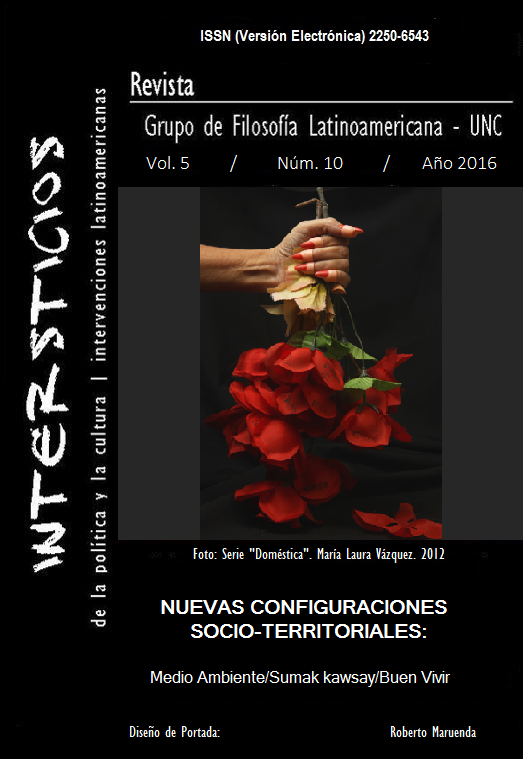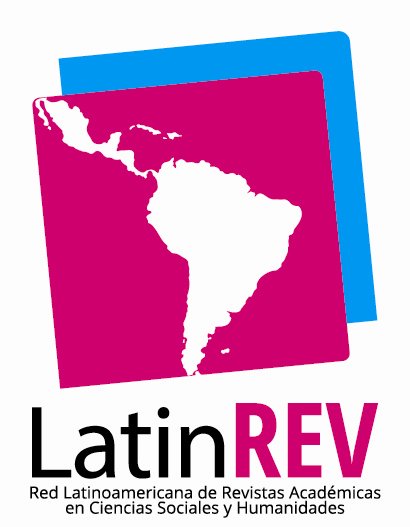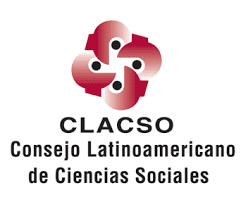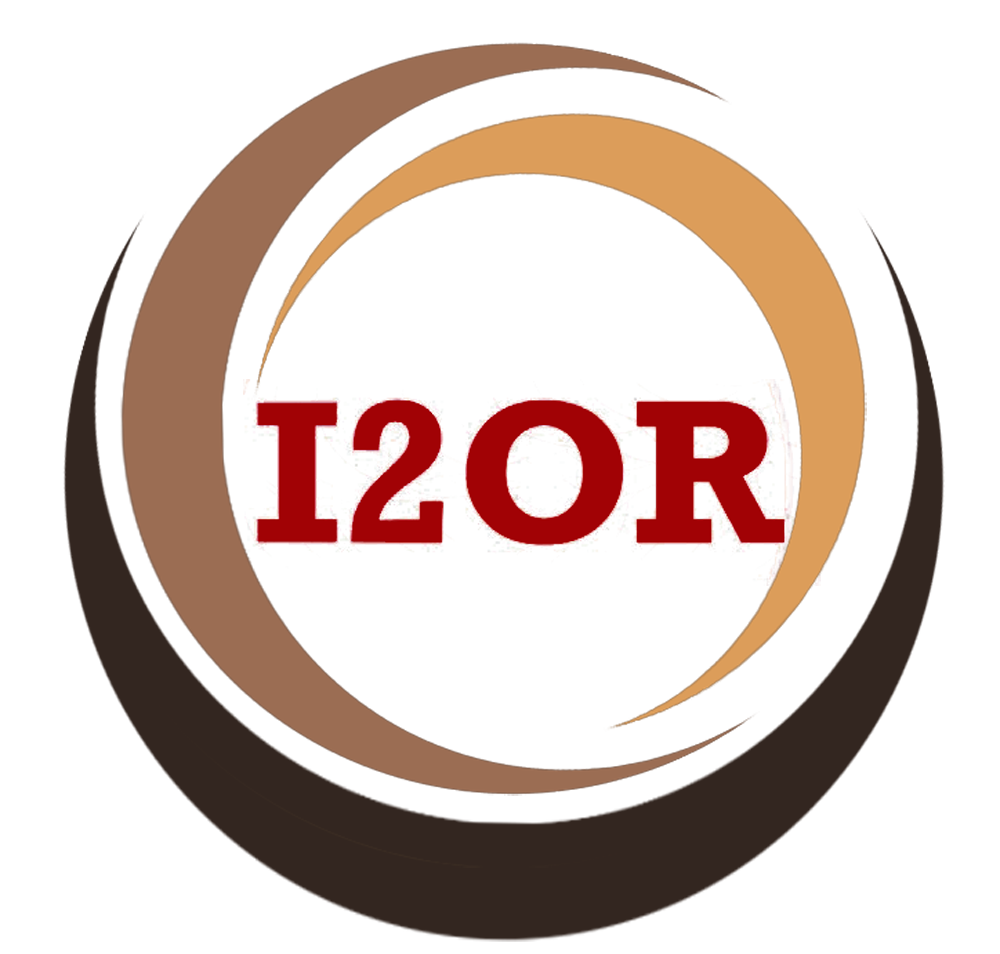Edward Said and Palestine: archive, narration, philology
Keywords:
Palestine, Said, philology, archive, representation, inventionAbstract
Said’s thought must be understood within the relation between its most theoretical side, Said’s critical works such as Orientalism, and its practical part, Said’s activity as a militant of Palestinian cause. Said’s contribution to a Palestinian archive deals with his effort to brings together the two sides of his thought. The narration of Palestinian struggle is not an attempt to speak “for the Other”, but one phase of the development of Palestinian subjectivity showing itself in its self-narration. Philology is the science that Said considers able to investigate that kind of production of subjectivity. Philology, in Said’s works, is the kind of study that investigate words not only in its rational side, but also in its bodily dimension, trying to re-activate its imaginative and inventive faculties.Downloads
Downloads
Published
How to Cite
Issue
Section
License
Authors who have publications with this journal agree to the following terms:
a. Authors will retain their copyright and grant the journal the right of first publication of their work, which will simultaneously be subject to the Creative Commons Attribution License that allows third parties to share the work as long as its author and first publication in this journal are indicated.
b. Authors may adopt other non-exclusive license agreements for distribution of the published version of the work (e.g., deposit it in an institutional telematic archive or publish it in a monographic volume) as long as the initial publication in this journal is indicated.
c. Authors are allowed and encouraged to disseminate their work through the Internet (e.g., in institutional telematic archives or on their web page) after the publication process, which may produce interesting exchanges and increase citations of the published work (see The effect of open access).










